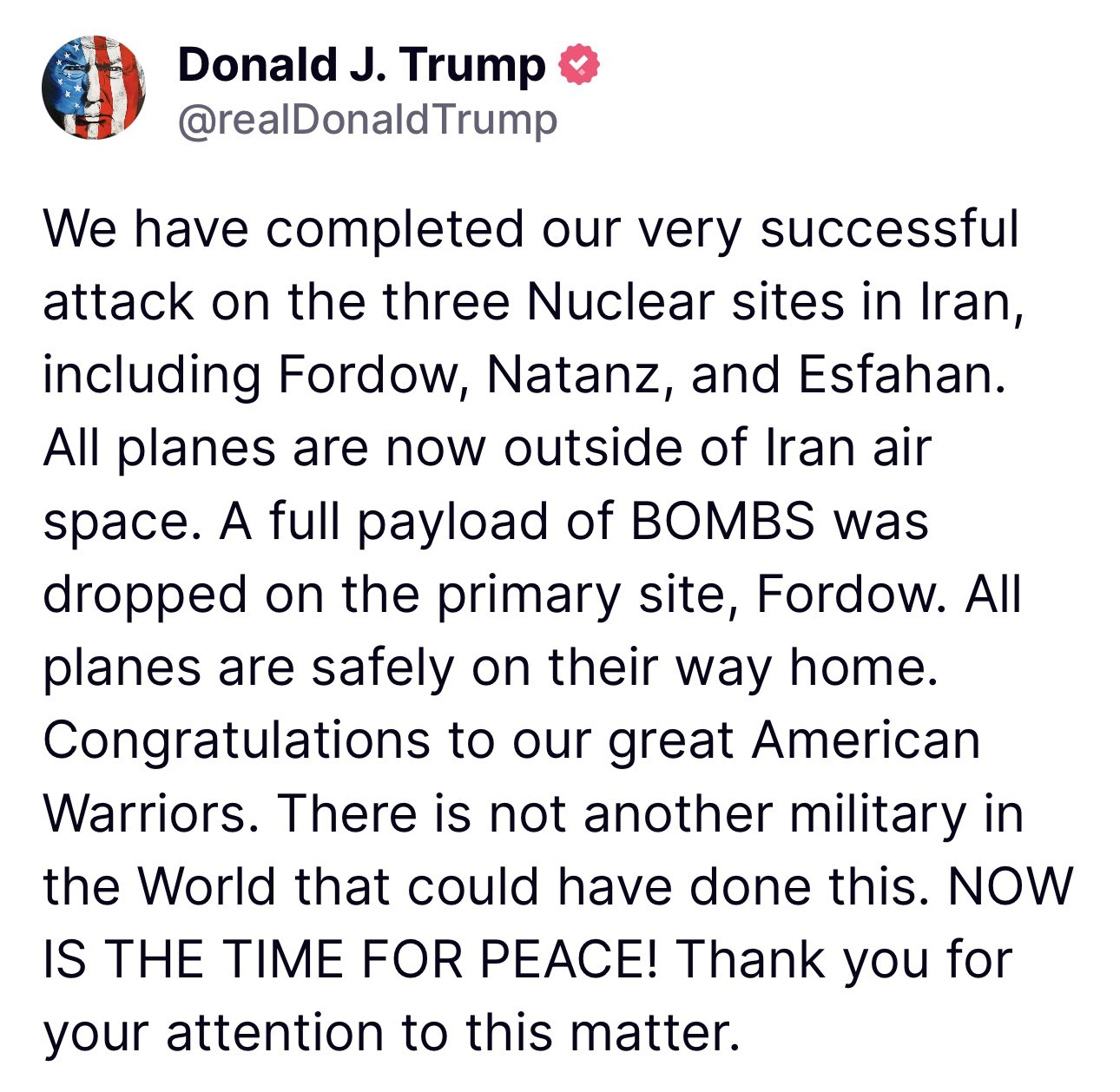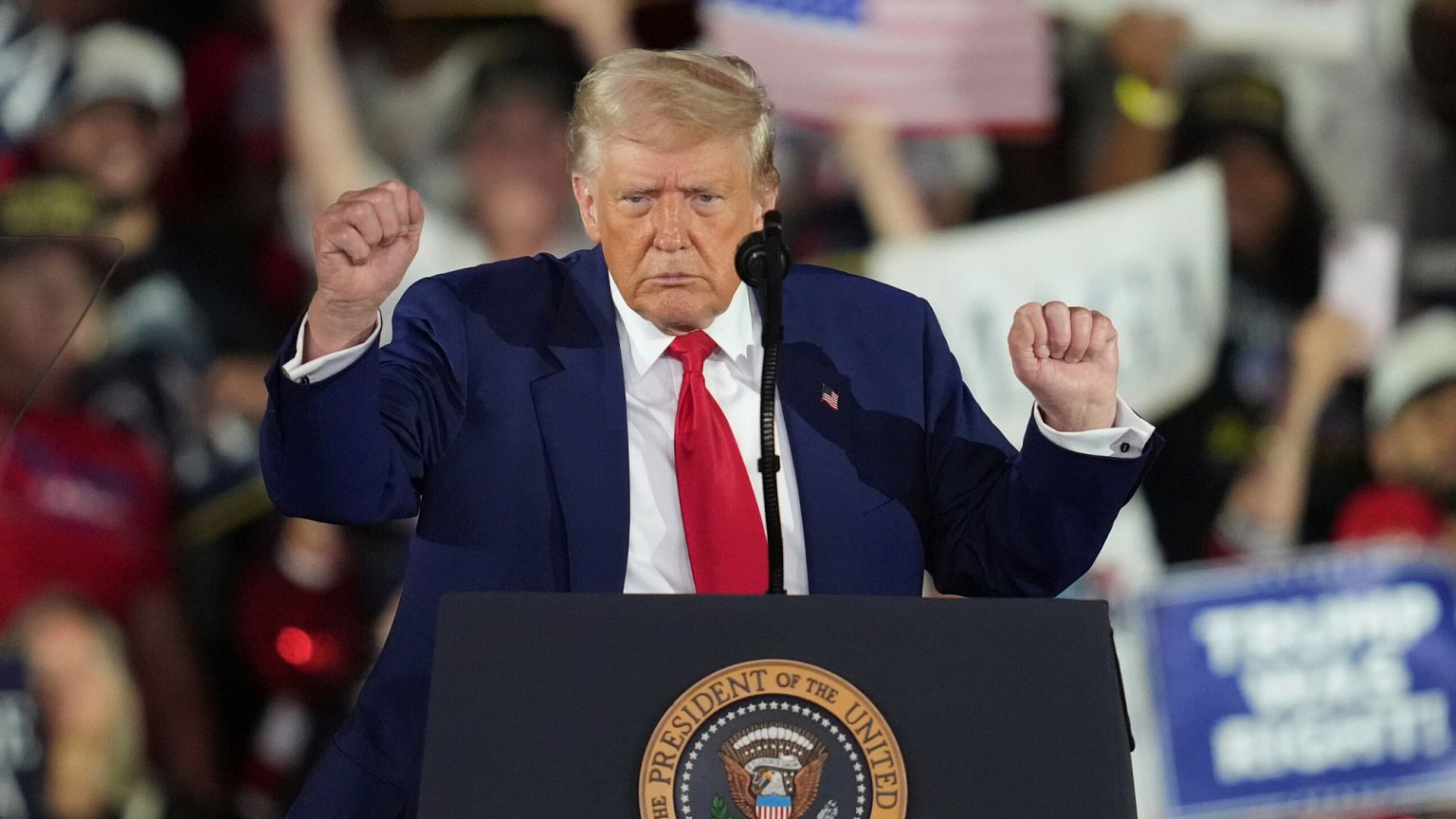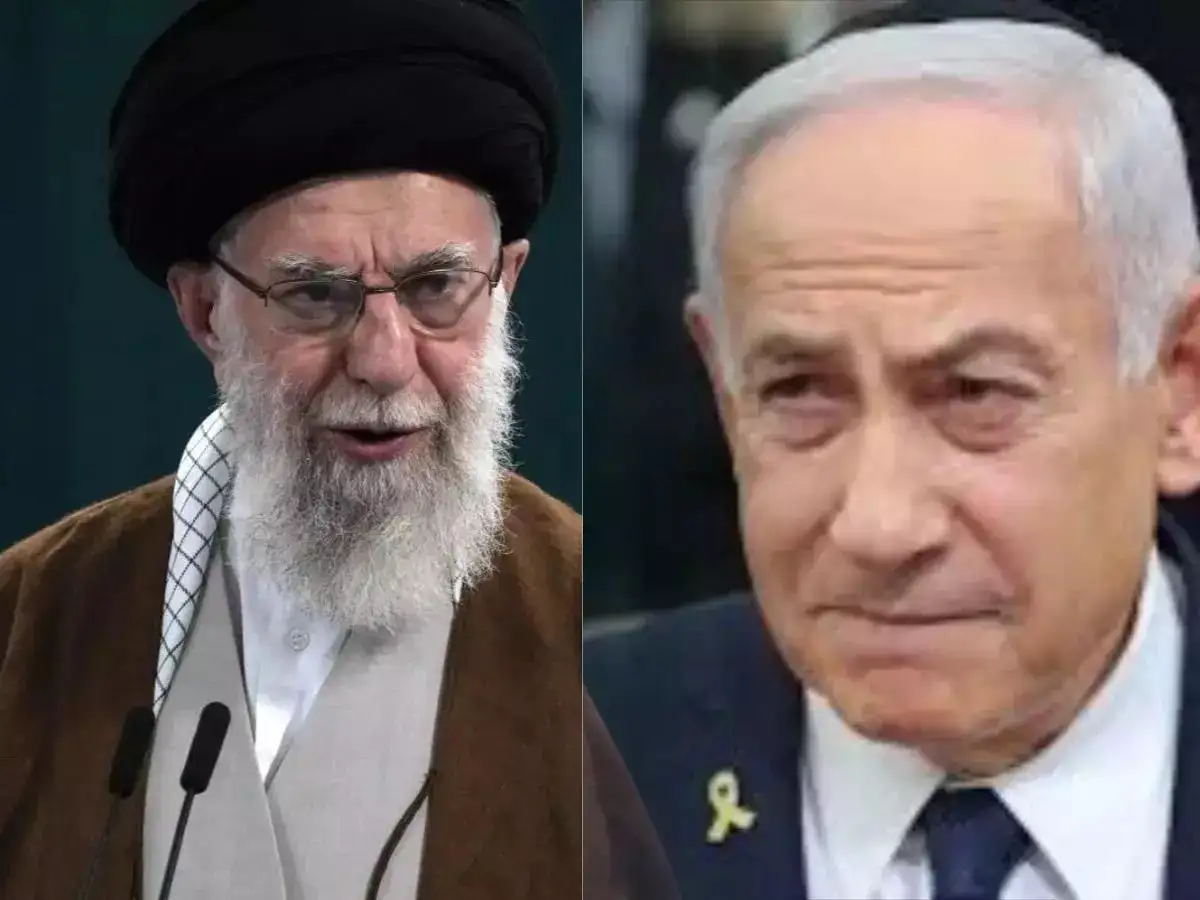
The world is holding its breath as tensions in the Middle East reach a boiling point. On June 21, 2025, the United States launched airstrikes on three Iranian nuclear facilities—Fordo, Isfahan, and Natanz—marking a dramatic escalation in the ongoing conflict between Israel and Iran. As missiles fly and diplomatic efforts falter, fears of a broader regional war, or even World War III, are gripping global headlines. But what led to this moment, and how close are we to a catastrophic global conflict? Let’s unpack the events, their implications, and the underlying narratives driving this crisis.
The Spark: Israel’s Strikes and Iran’s Retaliation
The current conflict ignited on June 13, 2025, when Israel launched a unilateral military operation against Iran, targeting nuclear facilities, missile factories, and key military figures. Iran’s Foreign Minister called the attack an “act of war,” prompting retaliatory ballistic missile strikes on Israeli military targets and cities, including a devastating hit on Soroka Hospital in Beersheba. Since then, the two nations have traded blows, with Israel claiming to have set back Iran’s nuclear program “by a very long time” and Iran vowing “severe punishment.”The civilian toll is staggering. Iran’s Health Ministry reports over 400 deaths, including 54 women and children, while Israel cites 24 fatalities from Iranian missile attacks. Both sides are entrenched, with Israel’s Prime Minister Benjamin Netanyahu hinting at regime change in Iran and Iran’s Supreme Leader Ayatollah Ali Khamenei warning of “irreparable harm” if the U.S. intervenes further.
America’s Entry: A Game-Changer

The U.S. had initially maintained a cautious stance, with Secretary of State Marco Rubio stating on June 13 that America was not involved in Israel’s strikes and warning Iran against targeting U.S. interests. However, President Donald Trump’s decision to bomb Iranian nuclear sites on June 21 shifted the conflict into a new phase. The strikes, which targeted heavily fortified facilities like Fordo, required U.S.-exclusive “bunker-buster” bombs carried by B-2 stealth bombers—capabilities Israel lacks.Trump framed the operation as a joint effort with Israel to “erase” the threat of Iran’s nuclear program, thanking Netanyahu and the U.S. military for an “operation the likes of which the world has not seen in many decades.” Yet, the move has sparked controversy. Some, like former Vice President Mike Pence, praised Trump’s “decisive leadership,” while others, including Senator Bernie Sanders, condemned the strikes as an unconstitutional “act of war.”
Why Now? The Nuclear Question
The stated rationale for the U.S. and Israeli strikes is Iran’s alleged pursuit of nuclear weapons. Israel claims Iran was nearing a “point of no return,” with enough enriched uranium to produce multiple bombs “within days.” The International Atomic Energy Agency (IAEA) confirmed Iran possesses uranium enriched to 60%—close to weapons-grade—but Iran insists its program is peaceful. Notably, Trump’s own intelligence chief, Tulsi Gabbard, previously stated there was no evidence Iran was building a nuclear weapon, a claim Trump publicly dismissed.This discrepancy raises questions about the intelligence driving the strikes. The 2003 Iraq War looms large, where claims of weapons of mass destruction proved false, leading to a prolonged and costly conflict. Critics argue the current narrative may be similarly overstated, with Israel’s long-standing goal of neutralizing Iran’s nuclear capabilities—and possibly its regime—driving the agenda
The Fear of World War III

The specter of World War III stems from the potential for this conflict to spiral beyond the Middle East. Iran has threatened to strike U.S. targets, such as military bases in Iraq or the Gulf, if America deepens its involvement. Russia, Iran’s strategic partner, benefits from rising oil prices and could exploit the chaos to bolster its war in Ukraine. Meanwhile, Iran’s diminished proxy forces, like Hezbollah and Hamas, still pose risks, and attacks on Gulf oil infrastructure could disrupt global energy markets, fueling inflation.Social media reflects public anxiety, with posts on X warning of a “quagmire” and questioning U.S. involvement. Some users allege Trump used “fake peace talks” as cover for the strikes, though such claims remain unverified. Others, like conservative commentator Tucker Carlson, urge Trump to prioritize “America First” and avoid entanglement in a war that could “fuel the next generation of terrorism.”
प्रधानमंत्री जन-धन योजना क्या है?
यह योजना देश के हर व्यक्ति को बैंक से जोड़ने का एक बड़ा कदम है। इसके तहत कोई भी[…]
IRAN vs ISRAEL ww3
The Israel-Iran war began on June 13, 2025, with Israel’s surprise attack on Iranian military and nuclear sites, aiming[…]
प्रधानमंत्री आवास योजना ग्रामीण सूची 2025: पूरी जानकारी और नाम जांचने की प्रक्रिया
परिचय. प्रधानमंत्री आवास योजना-ग्रामीण (PMAY-G) भारत सरकार की एक महत्वपूर्ण पहल है, जिसका उद्देश्य ग्रामीण क्षेत्रों में बेघर और[…]
© 2026 filmvibe.in
